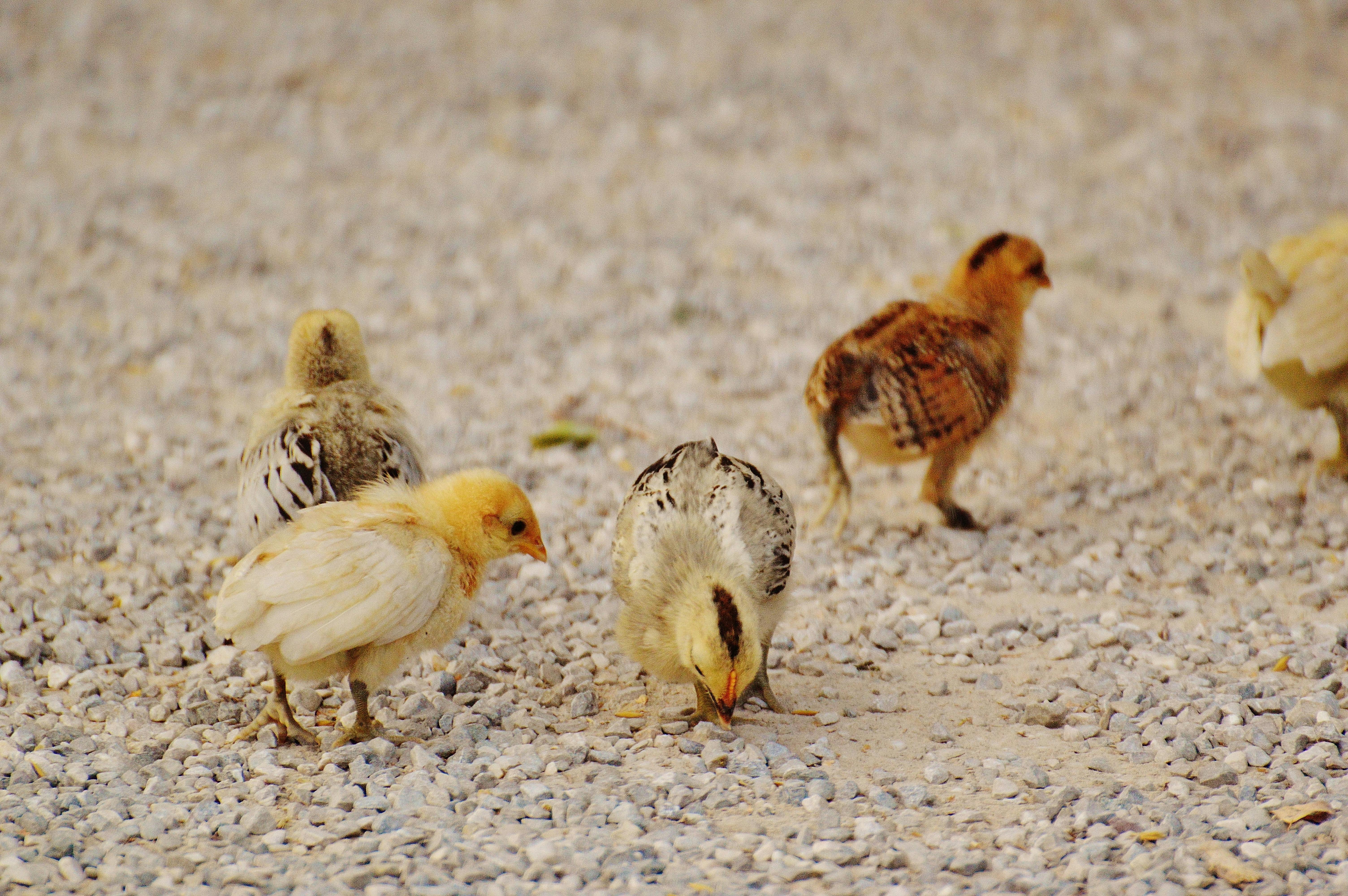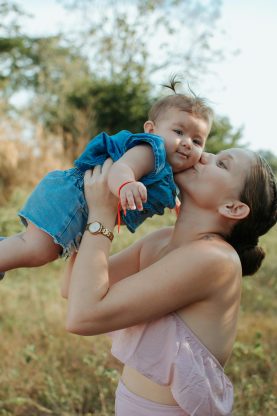Table of Contents
Supervision and Monitoring
One of the most important aspects of babysitting is proper supervision and monitoring of the children. It is essential to keep a close eye on them at all times, especially when they are engaged in activities that could be dangerous. Make sure to set boundaries and rules to prevent accidents, and never leave children unattended, even for a short period. Be aware of any potential hazards in the environment, such as sharp objects, small toys that could be choking hazards, or pools without proper safety measures.
On-Demand Childcare in Your Neighborhood
Book a Sitter
Emergency Preparedness
Being prepared for emergencies is a critical aspect of babysitting. Make sure you have access to important contact information, such as the parents’ phone numbers, the address of the house you are babysitting in, and emergency contacts. Familiarize yourself with the location of first aid supplies and fire extinguishers. In the event of an emergency, stay calm and follow the appropriate procedures, whether it’s calling 911, administering first aid, or evacuating the children from the house.
Basic First Aid
Basic first aid knowledge is essential for every babysitter. Be prepared to handle common injuries such as cuts, burns, bruises, and sprains. Learn how to properly clean and bandage wounds, apply ice packs, and administer CPR if necessary. Take a first aid course to become certified and gain practical experience in dealing with emergencies. Having the skills to respond quickly and effectively can make a significant difference in the outcome of an injury.

Childproofing
Childproofing the environment is another essential safety procedure for babysitters. Take the time to inspect the house and remove any potential hazards, such as sharp corners, loose sockets, toxic substances, or heavy objects that could fall. Keep cleaning supplies, medications, and other dangerous items out of reach of children. Ensure that gates are installed at the top and bottom of stairs, and that cabinets containing harmful substances are securely locked.
By childproofing the house, you can prevent accidents and create a safe environment for the children.
Communication with Parents
Effective communication with parents is key to ensuring the safety and well-being of the children in your care. Before the parents leave, make sure to discuss important details such as bedtime routines, dietary restrictions, allergies, and emergency procedures. Keep the parents informed of any issues or concerns that arise during the babysitting session, such as a child feeling unwell or breaking a rule. Be open to feedback from the parents and ask questions if you are unsure about anything. By maintaining good communication, you can build trust with the parents and provide the best possible care for their children.
In conclusion, babysitting requires a high level of responsibility and attentiveness to ensure the safety of the children. By following the essential safety procedures outlined above, you can be prepared for any situation and create a safe and secure environment for the children in your care. Remember that the well-being of the children should always be your top priority, and never hesitate to seek help or advice if needed. With the right knowledge and preparation, you can be a confident and capable babysitter who provides excellent care for the children.










